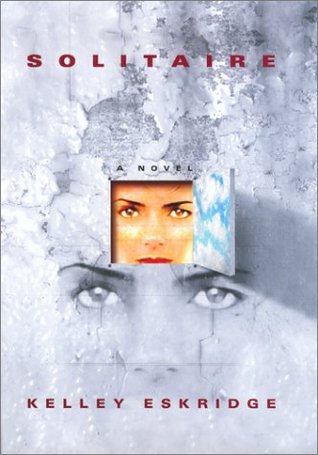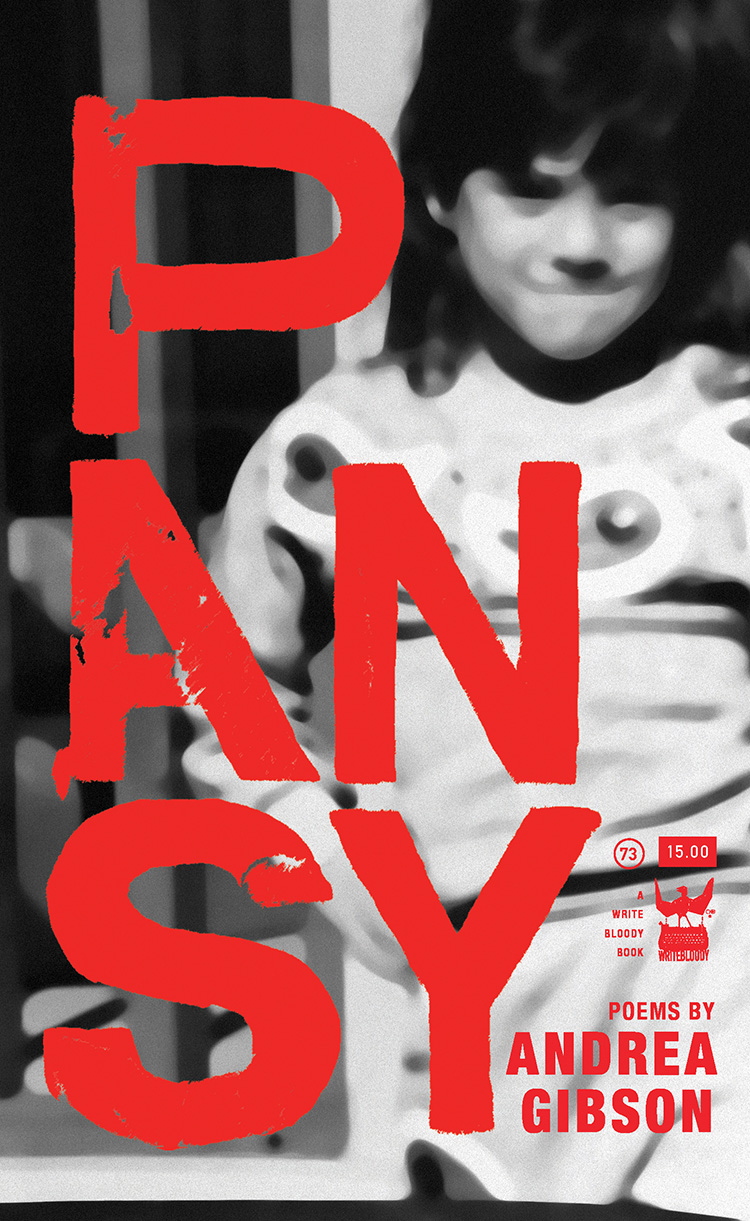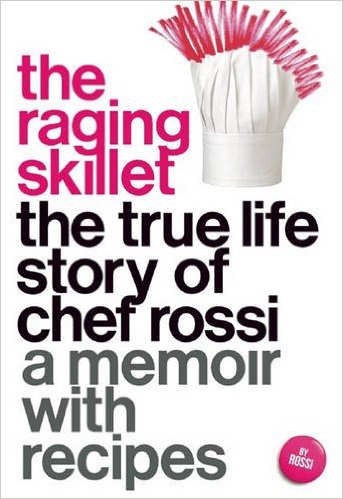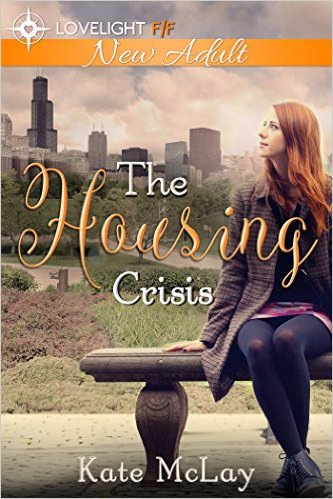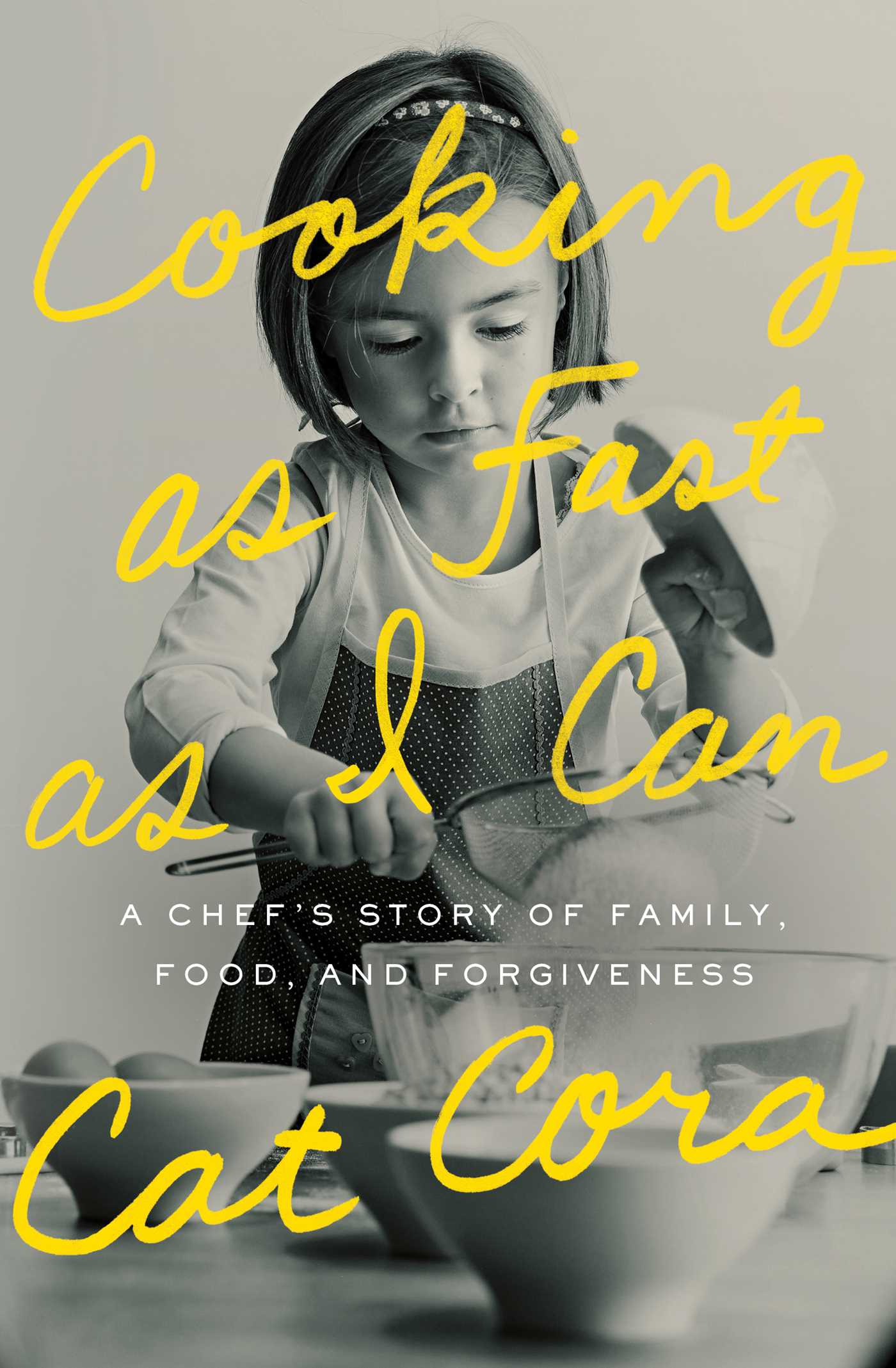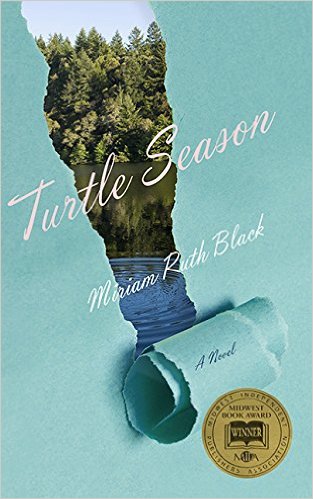Within an inventory of my virtues, I guarantee that patience will not be listed as one. Thus, had I not been relegated to bed for a week in order to ride out a nasty virus, chances are that I would have abandoned Trouble and Her Friends within the first fifty pages. However, lacking the energy or even the motivation to venture toward my bookshelf for a different title, I stuck with the novel ‘til the end – and now feel extremely fortunate for that fact.
After Evans-Tildale passes, Cerise returns home to discover her apartment half-empty and her lover, Trouble, nowhere to be found. Trouble, after all, had made it quite clear that if the new law meant to police the net were put into effect, she would be leaving the shadows. It was far too dangerous to continue “cracking” (hacking) within an environment controlled by real-world authorities.
Three years later, Cerise and Trouble as well as most of their friends, have abandoned their activities, relegating themselves to working within the “bright lights,” often as consultants or syscops themselves. Yet, after Cerise’s company, Multiplane, is hacked by someone calling themselves Trouble, whose immature and sloppily destructive style shows him as an imposter, the crew finds themselves reunited in an effort to stop the one who has upset the net and usurped Trouble’s name.
There is no denying that, especially within the first half, the novel moves so very slowly due to the amount of detail provided. Yet, what kept me going was my desperate need to know what would transpire once Cerise and Trouble reunited against a common enemy. The strength of their connection remained palpable in spite of Trouble’s absence, yet the nuances of their relationship were revealed without any of the professions of love that typically send me running.
Both Trouble and Cerise are, after all, incredibly competent hackers. They’re simply not wired for overt sentimentality, well aware that allowing emotion to override intellect may well prove deadly. Not only does this make for a much more interesting story, but that coolness comes across as incredibly sexy, especially as worn by Trouble, herself.
Published in 1994, Trouble and Her Friends engages with the virtual world in a manner that reflects the time. It actually rendered me a bit nostalgic for the early days of the Internet – minus the pay-by-the-minute usage rates. However, given the way in which the complexity of the plot was executed, the badass and incredibly likable protagonists and the subtly philosophical undertones, Trouble and Her Friends remains far from obsolete. Rather, it just might be considered something of a cyberpunk classic.


